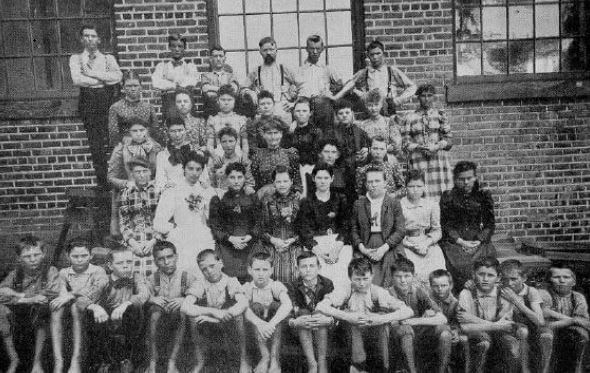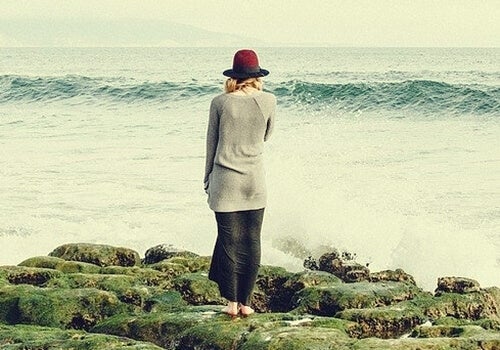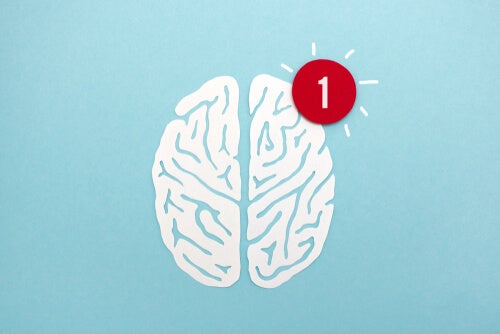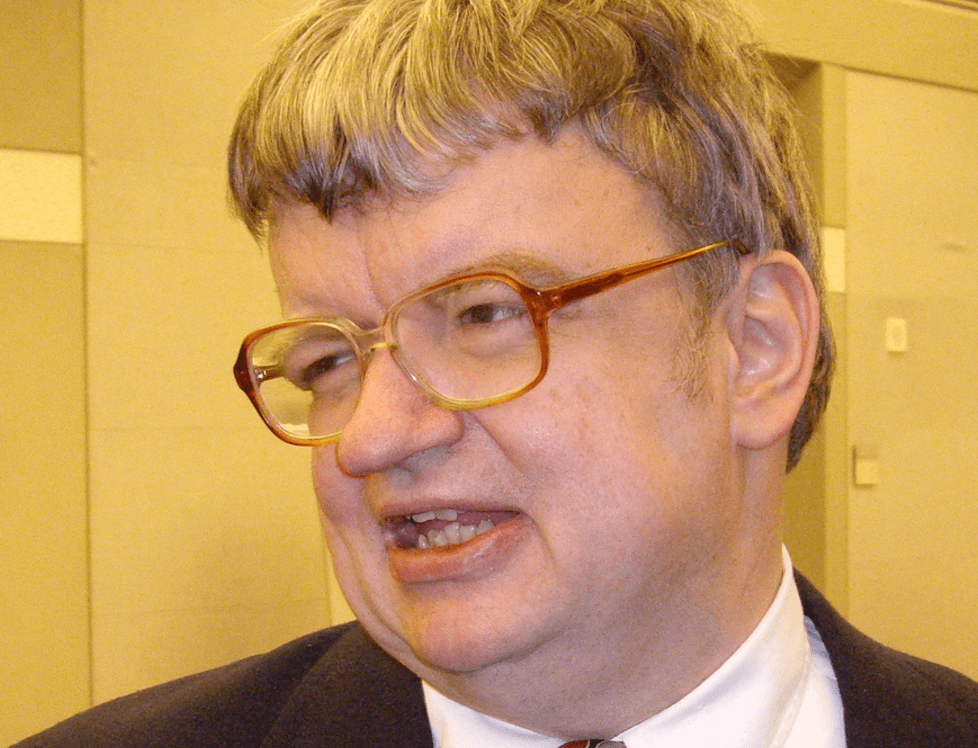Re: GACHA LIFE MEGA GEM Pack
5 ways to avoid falling victim to disinformation
r/modafinil
п»ї<title>5 ways to avoid falling victim to disinformation</title>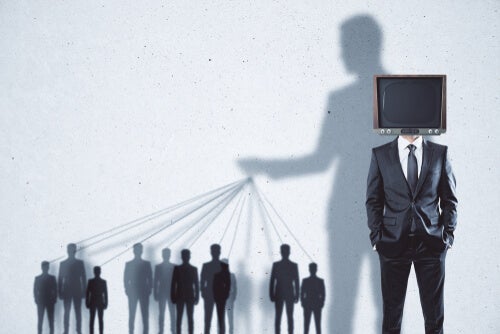
We find ourselves in an era in which people do everything they can to be "distracted", to be continuously busy doing something... It is paradoxical, because if we look back, it is difficult to find another era in which we have been so distracted from reality as we are now. The point is that this state of living on the moon has consequences, such as living as victims of disinformation.
Worst of all, we have never received as much information as we do now. We are plagued with information. From here, there and beyond we receive information at every moment. The problem is that a large amount of this information is false, or at least distorted. We are, massively, victims of disinformation.
"Freedom of speech carries with it a certain freedom to listen."
-Bob Marley
The consequences of this are very serious, especially in the realm of politics. No matter how much we are not interested in the subject, we are constantly bombarded with false information about leaders, mainly at times of elections or big decisions. And this is how many end up becoming sympathizers or choose indifference as a strategy. So, what can we do to avoid becoming victims of disinformation?
1. Filter topicsIt is essential to make an exercise of conscience to determine what is really good for you to know. Note: you may be INTERESTED in knowing about baseball, for example, but leave that aside for the moment. The idea is that you define what you NEED to know, not so much what catches your attention.
What you need to know is everything that has a direct bearing on your life. What affects you directly. If you don't want to be a victim of misinformation, prioritize these topics. Otherwise, you will easily end up wasting your time with irrelevant information, even though it may be eye-catching.
2. Filter sourcesThis is one of the most important mechanisms to avoid being a victim of disinformation. Nowadays it has become very important who says things, before what is said. Anyone can say nonsense and make it viral, or spread falsehoods that, because they are massive, end up being taken as true.
Choose sufficiently recognized and serious sources. It is not that you have to go for the big media (which also misinform), but for sites, publications and people who have an established reputation. It doesn't mean that these sources are infallible, but they are certainly more responsible with what they say. This is the best way to avoid being misled.
3. Read books to avoid being victims of disinformationBooks almost always present much more refined and reliable information. Making a book is much more difficult than circulating a rumor through social networks. It requires much more work and, in addition, when it is published by a prestigious publishing house, it requires careful selection.
Books are an excellent source of information, especially on those topics where you see that there are too many conflicting opinions. Of course, books by educated people, with consolidated professional careers or literary recognition, are better. Books provide more than just information: they help to form a criterion.
4. Exercise your critical capacityCriticism does not consist of looking at the negative aspects of something or someone. Rather, it refers to the ability to evaluate, in this case, information. To develop this capacity there is nothing more reasonable than to train and exercise it. And the best way to start doing it is not to swallow whole everything you hear out there.
Think, for example, if whoever is giving you information may have an interest in making you see the world in a certain way. Evaluate how much they want to impress you with what they tell you: do they appeal to your reason or do they make a bid to shock you? Do they give you serious arguments or do they simply rely on weak and isolated evidence? Skepticism helps you develop your critical capacity.
5. Cultivate your conscienceMany of life's problems stem from a lack of conscience, but there is also a certain tendency to not want to know. We stop asking ourselves why our words and actions and those of others. We want, many times, to live distracted, to think or to do only what is passing, what does not involve any reflection.
This is as harmful as its opposite. We cannot live worrying about everything and making conscious even the smallest action or word. What we can do is to seek a balance. Cultivate our awareness of what really matters and reduce the importance of what does not.
If we become victims of disinformation, we will lose both our freedom and the possibility of having a lucid and self-determined conscience. Therefore, we must take care of what enters our mind. Filter it, decant it, weigh it. In this way, we will be more awake and free to decide.
You might be interested in...
9 signs of psychological manipulation in communication
The signs of psychological manipulation in communication are not always evident at first. Little by little, we perceive that the use of the sile...
https://www.rxshopmd.com/products/antin … -artvigil/
Why do more women study psychology? 12 neuroscientific reasons
Emotions: coins with two valuable sides
Can being too responsible be detrimental?
83551f0


